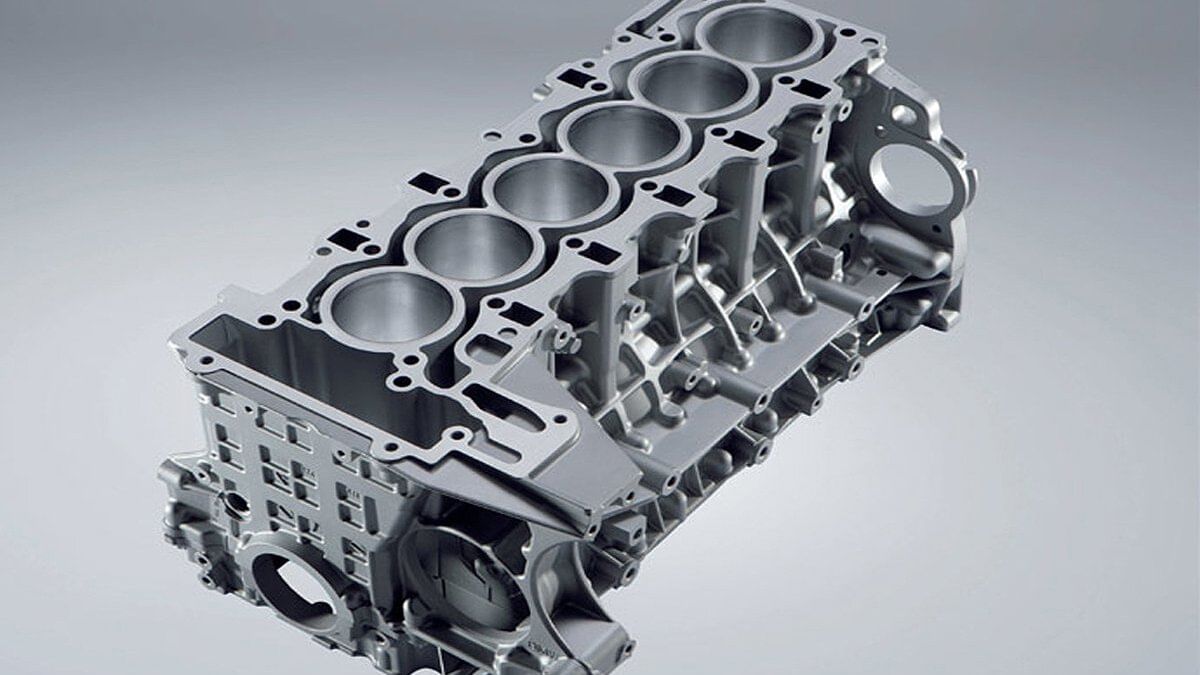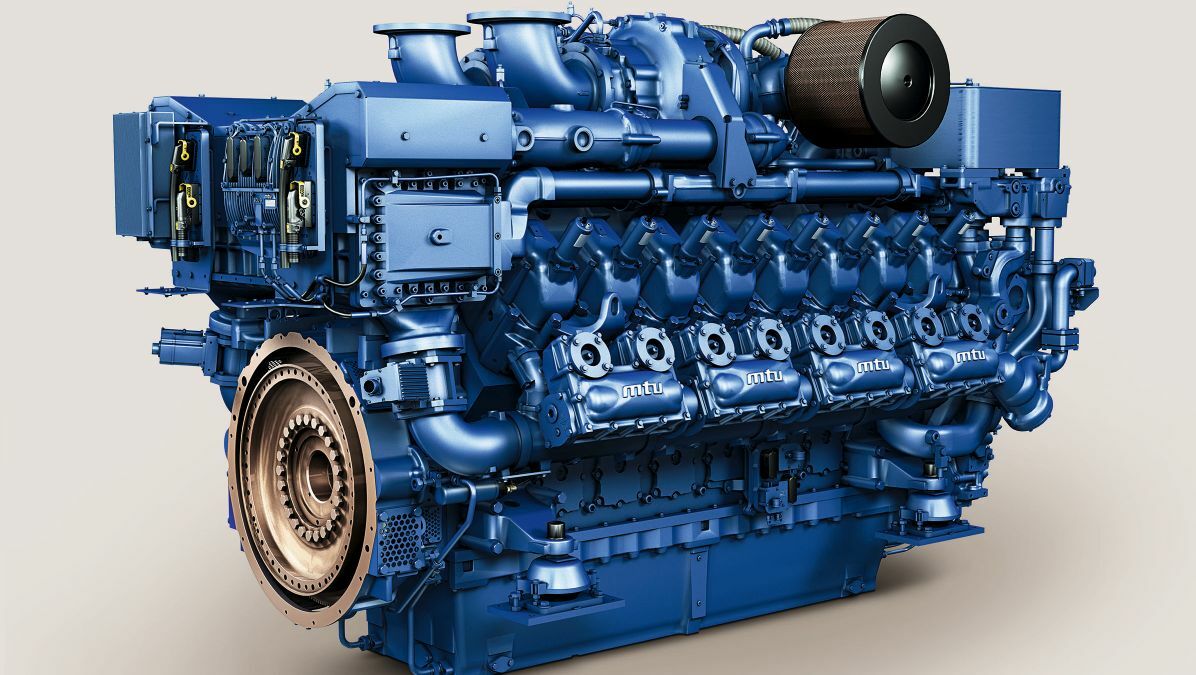The Influence of Cutting-edge Engine Technologies on Energy Performance and Environmental Sustainability
In the world of transportation and commercial equipment, the constant mission for boosted power effectiveness and reduced ecological influence has actually led to significant innovations in engine modern technologies. From the steady shift towards hybrid and electric systems to the combination of turbocharging for boosted efficiency, the landscape of engines is developing quickly.
Evolution of Engine Technologies
The development of engine innovations over the decades has been noted by consistent technology and improvement in search of boosted efficiency and performance. From the early days of inner combustion engines to the advanced hybrid and electric powertrains of today, the evolution of engine modern technologies has actually been driven by a relentless pursuit for improved fuel efficiency and reduced exhausts.
One substantial landmark in this development was the advancement of turbocharging and direct injection systems, which significantly increased engine power outcome while boosting gas performance. These modern technologies enabled smaller, extra lightweight engines that could provide the efficiency of bigger ones without compromising on performance.
Additionally, advancements in products science have caused the widespread adoption of lightweight materials such as aluminum and carbon fiber in engine building and construction. This has not just reduced general automobile weight yet has actually also enhanced engine effectiveness by decreasing power losses related to inertia and friction.
Benefits of Electric and Crossbreed Equipments
With the expanding concentrate on sustainability and power efficiency, what advantages do electrical and hybrid systems offer in the world of engine modern technologies? Electric and hybrid systems present numerous advantages that add to a much more sustainable and energy-efficient future. One of the key benefits is the substantial reduction in greenhouse gas exhausts compared to traditional inner burning engines. Electric automobiles produce absolutely no tailpipe exhausts, causing improved air top quality and decreased ecological impact. In addition, electrical and hybrid systems are more energy-efficient, transforming a greater percentage of saved power into propulsion compared to traditional engines. This effectiveness results in lower power intake and operating prices over the lorry's life time. Electric vehicles supply regenerative stopping systems that save and capture energy typically lost throughout braking, better improving power efficiency (engines for africa). Crossbreed systems integrate the benefits of electrical propulsion with the adaptability of a burning engine, offering prolonged reducing and driving arrays variety stress and anxiety for customers transitioning to electric vehicles. In general, hybrid and electric systems play an essential function ahead of time power performance and ecological sustainability in the transportation sector.
Turbocharging for Improved Efficiency
Ingenious engine modern technologies like electric and hybrid systems have led the way for advancements in car performance, with turbocharging arising as a crucial technique for enhancing total performance and sustainability. Turbocharging jobs by using a wind turbine to require more air right into the burning chamber, enabling much better gas burning and enhanced power result without a considerable rise in engine size. This process, known as forced induction, enables smaller, extra fuel-efficient engines to produce power degrees equivalent to bigger ones. By making best use of the performance of the combustion process, turbocharged engines can achieve improved gas economy and minimized emissions, adding to ecological sustainability. Furthermore, turbocharging enhances engine responsiveness, supplying motorists with a more dynamic driving experience. The extensive adoption of turbocharged engines in both fuel and diesel automobiles demonstrates their effectiveness in balancing efficiency, effectiveness, and environmental impact. As automobile makers remain to refine turbocharging technology, its duty in advertising energy performance and sustainability in the transportation sector is anticipated to grow even more.
Utilizing Alternate Fuels
Taking advantage of alternate gas provides an encouraging avenue for minimizing carbon emissions and expanding the energy sources made use of in transport. As the world strives to deal with environment change and reduce dependence on fossil fuels, alternate gas have actually gained substantial focus for their potential ecological and economic advantages.
Biofuels, such as ethanol and biodiesel, are stemmed from sustainable sources like algae, sugarcane, and corn, providing a cleaner burning option to traditional gasoline and diesel. These fuels can be blended with existing petroleum fuels or used in specialized engines, giving a pathway to lower greenhouse gas exhausts and improve air quality.
Moreover, hydrogen gas cells have become an appealing modern technology for zero-emission transport. engines for africa. By transforming hydrogen gas right into electrical energy to power electrical motors, gas cell automobiles create only water vapor as a byproduct, getting rid of damaging tailpipe exhausts entirely
Along with minimizing carbon discharges, alternative fuels can additionally improve energy safety and security by diversifying the fuel mix and lowering read this post here dependence on imported oil. Embracing alternative fuels in transportation is a crucial action in the direction of accomplishing an extra ecologically friendly and sustainable future.

Future leads and environmental benefits
The environmental benefits of different fuels and their possibility for lasting sustainability are crucial factors to consider in the shift towards cleaner power resources. Alternate fuels, such as biofuels, hydrogen, and electricity, deal substantial ecological advantages contrasted to conventional nonrenewable fuel sources. These gas create reduced levels of greenhouse gas discharges, minimizing air contamination and mitigating climate modification effects. In addition, different gas can assist branch out power resources, improving power security and decreasing dependence on limited sources.
The future prospects for different fuels in the transportation market are encouraging. Innovations in technology remain to boost the efficiency and affordability of different fuel cars, making them extra obtainable to consumers. Federal governments around the globe are likewise executing plans to incentivize the adoption of different fuels, additionally driving their development. As study and advancement initiatives expand, the capacity for even greener and extra lasting fuel alternatives raises, paving the method for a cleaner and extra ecologically pleasant transport market. you could try these out By welcoming innovative technologies and alternate look at this web-site gas, the course in the direction of an extra sustainable future ends up being progressively attainable.

Conclusion
In final thought, cutting-edge engine innovations have actually played a critical role in enhancing power efficiency and promoting environmental sustainability. The development of engine technologies, fostering of electric and hybrid systems, usage of turbocharging, and exploration of alternative gas have all added to reducing emissions and boosting performance.
In the realm of transportation and industrial machinery, the continual pursuit for improved power performance and lowered ecological effect has led to substantial advancements in engine technologies. Turbocharging jobs by utilizing a generator to force even more air right into the combustion chamber, enabling for much better fuel combustion and increased power result without a significant rise in engine size. By making the most of the efficiency of the burning procedure, turbocharged engines can attain enhanced gas economic situation and lowered discharges, contributing to ecological sustainability. Alternate gas, such as biofuels, hydrogen, and electrical power, deal substantial environmental benefits contrasted to standard fossil fuels. The advancement of engine technologies, fostering of hybrid and electric systems, use of turbocharging, and exploration of alternate gas have all added to decreasing exhausts and increasing effectiveness.